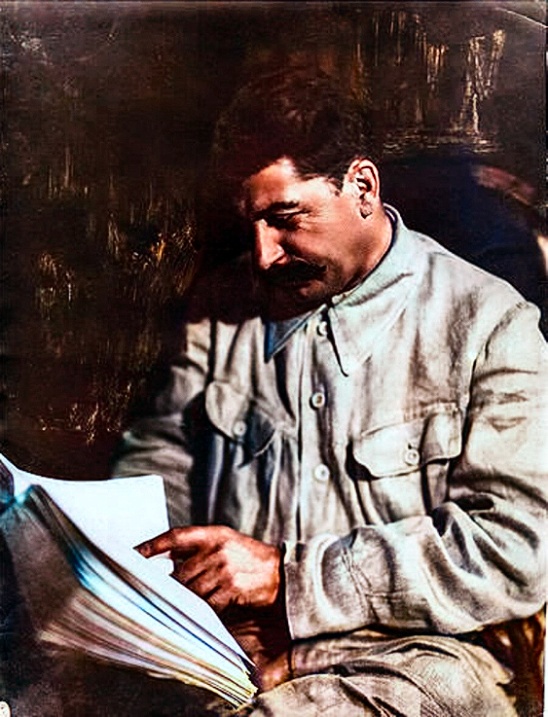- cross-posted to:
- worldnews
- geopolitics@lemmygrad.ml
- cross-posted to:
- worldnews
- geopolitics@lemmygrad.ml
The U.S. has — by far — the world’s largest defense budget, spending $948 billion last year. Its armed forces have 1.3 million personnel — some of them currently stationed in Greenland. Denmark, for its part, last year spent $9.9 billion, has only 17,000 soldiers, and most of its heavy land-warfare equipment has been donated to Ukraine.


Yes, Vikings did settle Greenland way back when, but these Norse settlers basically lost contact with Europe and all died out after a while. That’s incidentally why the island ended up getting colonized again starting in the 18th century: since the Greenland Norse had submitted to the King of Norway, Denmark-Norway continued to claim Greenland despite no European having actually seen the island for several hundred years — and eventually Denmark-Norway decided that, since the Greenland Norse were surely still Catholics, that they should send out an expedition to convert the island’s Norsemen to Protestantism.
…However, once the Dano-Norwegian expedition actually arrived to the island, they found that the only people living there both looked and sounded very different from how they’d expected, and hadn’t even heard of the Pope. But not to let the people they were actually looking for starving to death ruin an otherwise good expedition, Denmark-Norway quickly started trading with these new Inuit people, and converting them to Christianity, and the rest is history.
Another incidental fact: since the Greenland Norse had submitted to the King of Norway, and the transfer of Greenland from the King of Norway to the King of Denmark was never really clearly legally established, Norway would actually end up claiming a stretch of eastern Greenland’s coast from 1930-1933, calling it “Erik the Red’s Land” after the Viking who founded Greenland’s first Norse settlement. The Permanent Court of International Justice ruled that Norway’s claim to any part of Greenland was legally invalid, and this was one of the PCIJ’s highest-profile cases.